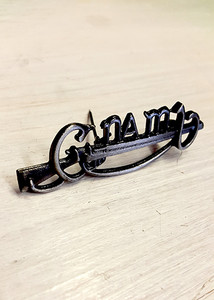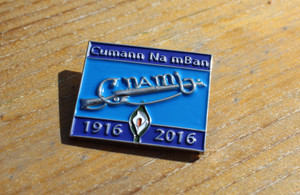
The early years of the twentieth century saw nationalists in County Antrim fighting for their survival during a war intended to achieve the complete separation of Ireland from Britain.
Belfast, with its large Presbyterian population, became the centre of Ulster unionist resistance and republican defiance. Here, Cumann na mBan was organised in Belfast Central Branch and Croabh Iarthar – the West Belfast Branch.
The small nationalist population in the isolated communities of the Glens of Antrim, where some of the last native speakers of the Irish language lived, also took up arms, despite being vastly outnumbered. There were Cumann na mBan branches in Ballycastle, Cushendall, Dunloy,
Glenravel, Loughguile, and Glenariffe.
Sectarian violence, pogrom, partition and defeat was the eventual outcome. Throughout, republican women played an essential role. From the earliest years of Cumann na mBan to the War of Independence, the Treaty and the ‘Northern Offensive’, they were significant figures in the
republican movement. Not only did they organise arms dumps, shelter men on the run, hide money and documents, provide weaponry for operations, care for the wounded and organise effective communicationsystems, they also paid the price in terms of raids and imprisonment.
Their story has never before been told.
Using new archival sources and information from some of the relatives of these forgotten activists, renowned feminist historian Dr Margaret Ward gives us a compelling account of the courageous contributions of over fifty women who were members of Cumann na mBan, or who were attached to the IRA.






